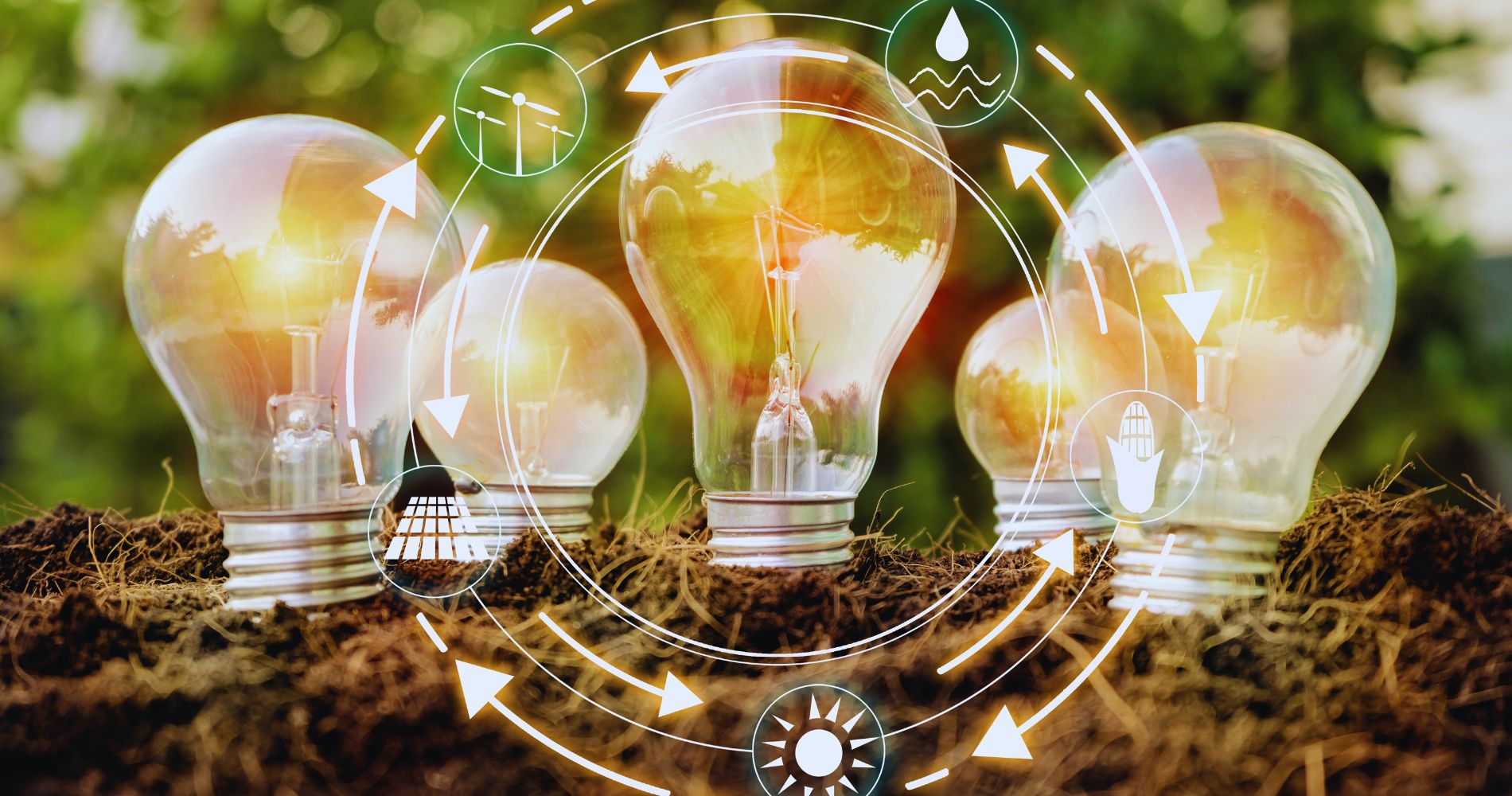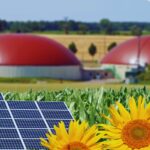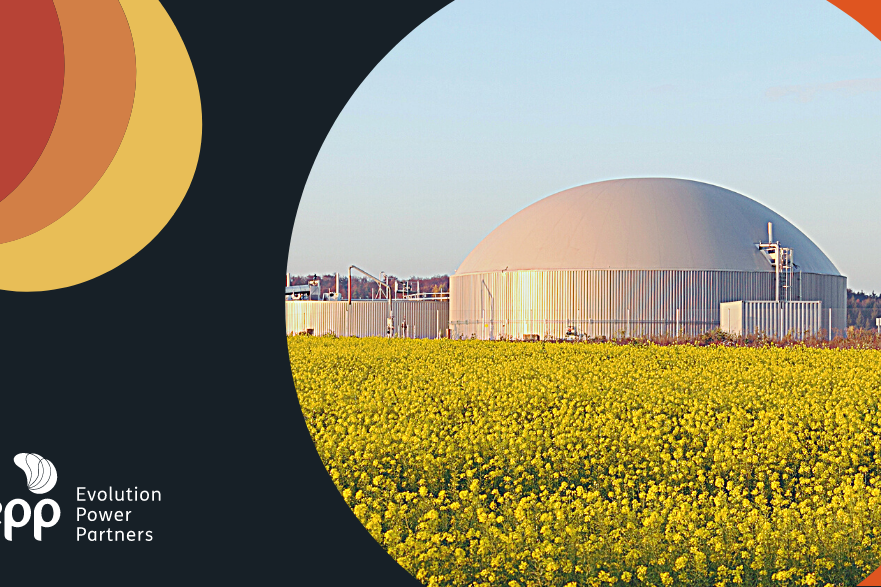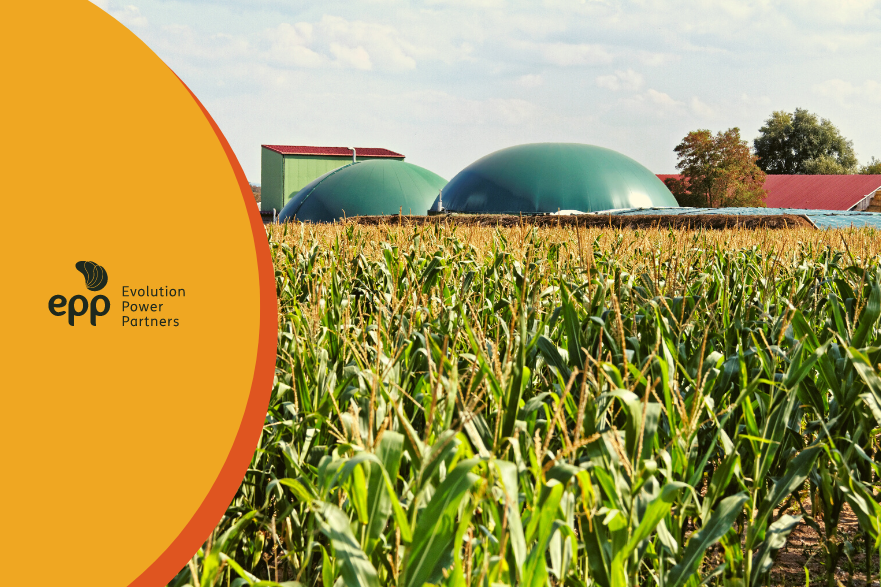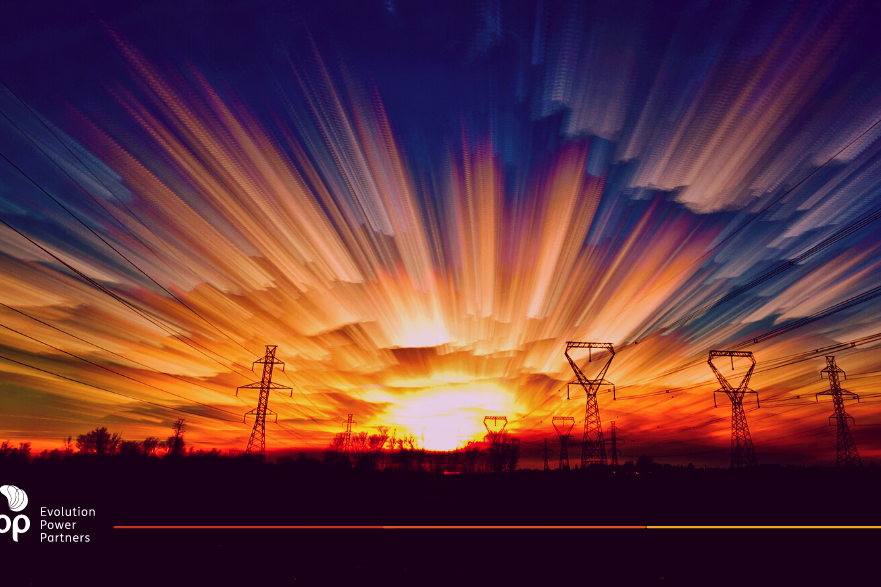Brazil has been a notable protagonist in the global renewable energy scenario, standing out for its diverse and sustainable energy matrix. In June 2023, the country achieved a 91% share of renewable energy in electricity generation, with a composition led by water, wind and biomass sources. This panorama contrasts with OECD countries, where the share of renewables was 33% in the same period.
Electricity generation in Brazil, especially from renewable sources, has been a topic of national pride and prominence. In 2022, the country broke records in energy generation from these sources, reaching the 92% mark. This scenario is the result of a trajectory that, over the years, has solidified Brazil as an exponent in energy sustainability.
The Brazilian energy matrix is robust and diverse, consisting of several sources, such as hydroelectric, wind, solar and biomass. Each of these sources plays a crucial role in ensuring a stable and sustainable energy supply for the country. Hydroelectric plants, for example, have been the backbone of the matrix, while wind and solar sources have gained significant space, especially in regions with favorable climatic conditions.
However, it is imperative to discuss the challenges that permeate this scenario. Dependence on water sources, for example, makes the country vulnerable to periods of drought and water shortages, directly affecting energy generation. Furthermore, the expansion and strengthening of other renewable sources, such as solar and wind, require investment, research and technological development.
Biomass, especially from sugar cane, has been a pillar in the generation of bioelectricity, offering a non-intermittent source of energy and contributing to the security of energy supply. Bioelectricity, in addition to being an ally in reducing greenhouse gas emissions, also plays a strategic role in complementing other renewable sources, ensuring the stability of the electrical grid.
The Brazilian energy transition, although promising, must be conducted with strategy and planning, considering socioeconomic and environmental aspects. Public policies, tax incentives and investments in infrastructure and innovation are crucial to further leveraging the renewable sector in the country.
Brazil, with its potential and experience, can not only solidify its position as a leader in renewable energy, but also export knowledge, technology and innovative solutions to other countries, contributing to a more sustainable and equitable global energy future.
